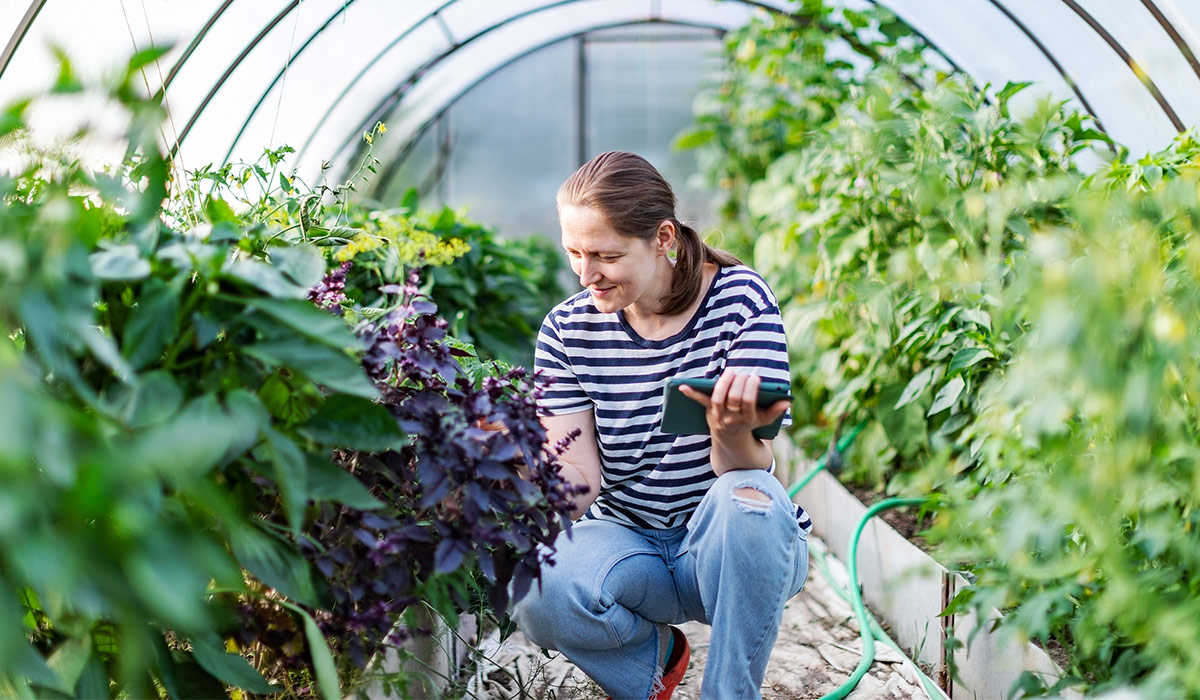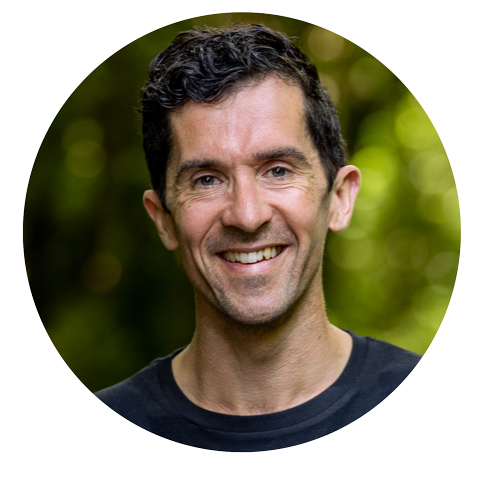Read time: 4 min read
According to a 2022 European Commission report,1 an increasing number of SMEs are gaining sustainability-related skills and technology. More than half have or are planning to invest in reducing emissions and tackling climate-change impacts.
But SMEs continue to face challenges in boosting sustainability due to economic uncertainty and a relative lack of time and resources. We spoke to UK SME owners and advisers about why building sustainability is important and how they’re doing it.
What is meant by sustainable business?
Harvard Business School defines corporate sustainability as doing business without negatively impacting the environment, community or society.
Why is sustainability so important?
There is increasing evidence that sustainability practices boost long-term corporate value. This includes PwC research showing 76% of consumers will stop buying from companies that treat the environment, employees or community poorly.2
Paul Coleman, from consultancy Carbon Clarity, says building sustainability can help reduce your costs, enhance reputation, retain employees and improve investment opportunities. For example, you can use carbon-reduction certificates for marketing and improving investor relations.
Read time: 4 min read
According to a 2022 European Commission report,1 an increasing number of SMEs are gaining sustainability-related skills and technology. More than half have or are planning to invest in reducing emissions and tackling climate-change impacts.
But SMEs continue to face challenges in boosting sustainability due to economic uncertainty and a relative lack of time and resources. We spoke to UK SME owners and advisers about why building sustainability is important and how they’re doing it.
What is meant by sustainable business?
Harvard Business School defines corporate sustainability as doing business without negatively impacting the environment, community or society.
Why is sustainability so important?
There is increasing evidence that sustainability practices boost long-term corporate value. This includes PwC research showing 76% of consumers will stop buying from companies that treat the environment, employees or community poorly.2
Paul Coleman, from consultancy Carbon Clarity, says building sustainability can help reduce your costs, enhance reputation, retain employees and improve investment opportunities. For example, you can use carbon-reduction certificates for marketing and improving investor relations.
Read time: 4 min read
According to a 2022 European Commission report,1 an increasing number of SMEs are gaining sustainability-related skills and technology. More than half have or are planning to invest in reducing emissions and tackling climate-change impacts.
But SMEs continue to face challenges in boosting sustainability due to economic uncertainty and a relative lack of time and resources. We spoke to UK SME owners and advisers about why building sustainability is important and how they’re doing it.
What is meant by sustainable business?
Harvard Business School defines corporate sustainability as doing business without negatively impacting the environment, community or society.
Why is sustainability so important?
There is increasing evidence that sustainability practices boost long-term corporate value. This includes PwC research showing 76% of consumers will stop buying from companies that treat the environment, employees or community poorly.2
Paul Coleman, from consultancy Carbon Clarity, says building sustainability can help reduce your costs, enhance reputation, retain employees and improve investment opportunities. For example, you can use carbon-reduction certificates for marketing and improving investor relations.








